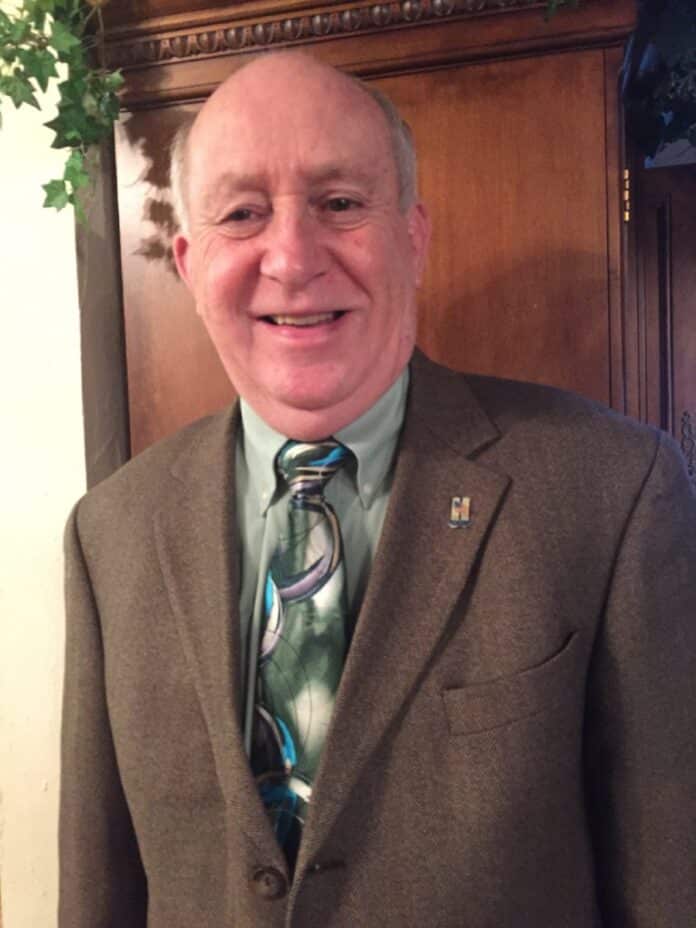A couple of weeks ago, I was giving a driving test to a student. Tiam is from Burma. He and his family came to America about 10 years ago. He explained that there is a heavy Burmese population on the south side of Indianapolis. One of the joys of teaching is that I get to learn from the students. T is now about 17. T speaks better English than I do. He also speaks better English then some other students I have known.
I asked him to say something in the Burmese language (not that I would have understood him). But his reaction startled me. He said, "Mr. Montgomery, I don’t speak Burmese. I am an American I speak English. I do speak the Magway language." Astonished, I asked why. He said it was simple. "I have spoken the language from that region (Magway) from birth." You see, he explained, in that region of Burma, the language was “forced” upon the inhabitants.
Wow. Can you imagine if Hancock County had its own language? Let’s call it “Tennuckyhoosier.” Let us further imagine that local officials decreed that if you didn’t speak this language, you would pay the consequences. Perhaps there could be economic, military or political consequences.
As an educator, I could simply sense something in this young man. In the vernacular, T has his head “screwed on" straight. He is practically a straight-A student. He made an amazing statement. He said most Americans do not realize the opportunity or freedom that is allowed in America.
Currently, President Donald Trump, several conservatives, and a lot of liberals are sharply divided on the issue of immigration. Time and space do not permit me to cover that debate adequately. However, I did run across some interesting statistics about our own Hancock County. According to the 2010 census, Hancock County has a population of over 70,000 people. The racial makeup is amazing. It is as follows: 95.2% white; 2.1% black or African-American; 0.8% Asian; 0.2% American Indian; 0.4% from other races; and 1.2% from two or more races. Those of Hispanic or Latino origin made up 1.7% of the population. As you might expect in terms of ancestry, 26.2% were German, 13.9% were Irish and 11.8% were English. And, oddly enough, 11.8% said they were American.
Returning to T, I was most impressed that most immigrants have come to our country because of three reasons. First and foremost is to escape a tyrannical, usually brutal, government. Personal economics also comes into play. Lastly, because the American way of life has usually been portrayed as the land of “milk and honey," most immigrants truly believe that our streets are “paved with gold.” However, the reality is that when they legally enter our country the harsh reality sets in. Prejudice and hardship also creep in. For many first-generation immigrants, they are not always welcome with open arms. I feel that this is a national shame and a problem.
As an educator for over 30 years, I have noticed that the majority of immigrants are hard-working, industrious people. They want the same thing for their kids that average Americans want for their kids. I love to hear stories about how legal immigrants come to our country and make an impact. The Indianapolis Star recently ran an article on how we welcomed 98 new citizens to America. Coincidentally, it was run on the Fourth of July.
T’s love for this country and his hard work in our educational system speaks volumes. T plans on entering a local vocational school while attending his local high school. Vocational schools are very selective as to the caliber of the student they admit. T tells me that his curriculum in the vocational program will be a very sophisticated audio/visual, video course of study. His goal is to produce teaching videos in the Burmese language.
Let me pose a question: How many 17-year-olds do you know who would have this goal in mind? T wants to be able to share knowledge of his America with the Burmese population.
I ran across this quote: “The razor blade is sharp but can’t cut a tree; the axe is strong but can’t cut the hair. Everyone is important to his/her own unique purpose… Never look down on anyone unless you are admiring their shoes.”
Thank you, T, for sharing your vision with me. And also, your love for America. May God help us all to look past appearances. By doing that, we here in Hancock County will foster a better place in which to live, educate and work.
C.O. Montgomery of New Palestine is a former teacher, Sugar Creek Township trustee and co-director of the Hancock County Character Council. Send comments to [email protected].





